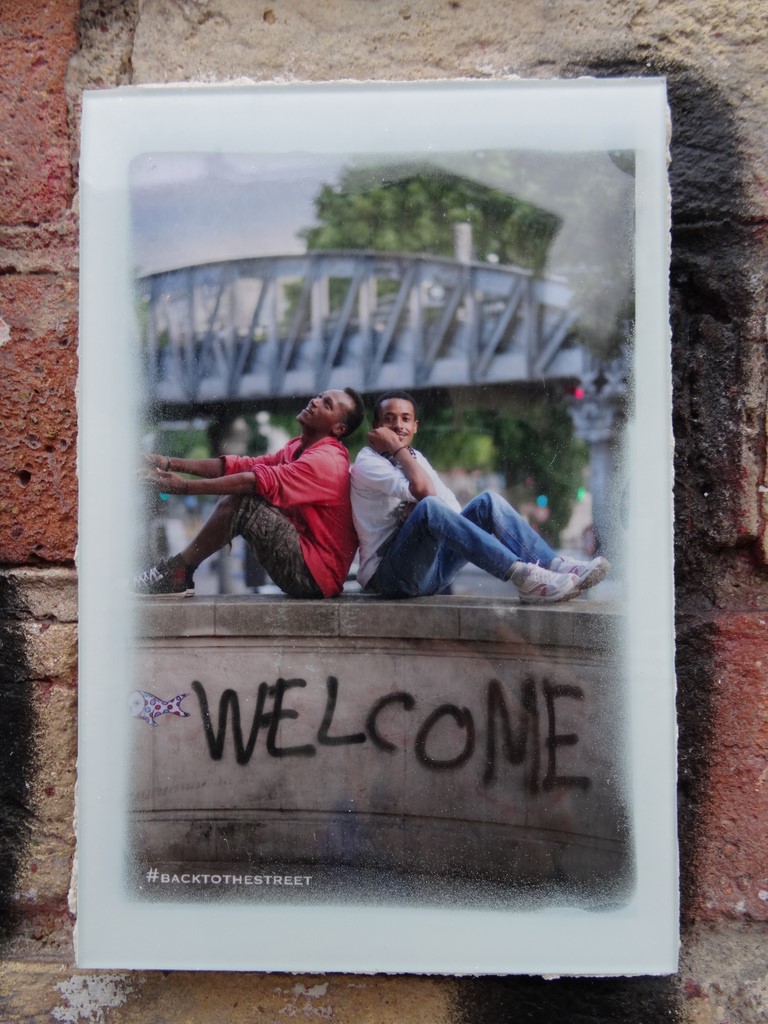
Volunteer OTs, psychologists & speechies called on to support refugees and asylum seekers in Victoria
Through the work of the Disability Action Group, AMES Australia have initiated establishment of Refugee Disability Network (RDN) with Occupational Therapy Australia, Speech Pathology Australia and the Australian Psychological Society. The work of RDN is focused on providing immediate, practical solutions to improve health outcomes for newly arrived Refugees by creating shorter pathways to specialist health services through provision of pro-bono/gap waive services as an interim measures until ongoing appropriate support can be attained. This framework has been developed as a guide for case managers, clinicians and peak bodies involved.
The goals are to:
- Get diagnoses for clients quickly
- Timely access to mobility aids and equipment upon arrival
- Obtain support from Allied Health clinicians for access to housing modifications and mobility aids/equipment
- Facilitate appropriate treatment once diagnoses determined
The aim for the network is to deliver services across Victoria, with 80% of newly arrived refugees settling in Metropolitan Melbourne.
AMES Australia have said that the aim is to operationalise this network in first quarter of 2017/2018 year with setting up the operational side of the network and providing relevant training to professionals and then delivering these services to newly arrived refugees in need of this specialised services.
The role out of RDN will be a staged approach and will commence with clinicians from Occupational Therapy Australia, Speech Pathology Australia and the Australian Psychological Society clinicians providing support to newly arrived refugees facing barriers due to their disability. The second stage will be to review how the network is going and introduce other clinicians with different skills and their peak bodies being involved.
 The engagement of the health professionals will be monitored through the triage guidelines that is being developed whereby the General Practitioner will be involved in the care of the client.
The engagement of the health professionals will be monitored through the triage guidelines that is being developed whereby the General Practitioner will be involved in the care of the client.
On a needs basis, occupational therapists and speech pathologists will provide pro bono 2-3 Assessment sessions for non-complex services. Organise a Team Care Arrangement through MBS and provide pro bono further treatment beyond the MBS funded sessions, as required.
On a needs basis, psychologists will provide pro bono cognitive or neurological assessments. They will activate the GP Mental Health plan for “Better Access” through the MBS and provide pro bono further treatment beyond the MBS funded sessions, as required.
Occupational Therapy Australia (OTA) has given further details in a callout for OTs to volunteer in providing an interim, short term service when a refugee or asylum seeker has been identified as having an urgent need and a mainstream service is not available. They have said that AMES will organise logistics and funding for interpreters for the service, and will facilitate training for OT volunteers.
Before deciding to volunteer, it is important to note that any expenses incurred for travel/vehicle costs for the provision of the service will not be reimbursed. There is also an initial training to work with the refugee community for volunteer clinicians, including refugee health, cultural competence, and refugee & asylum seeker barriers.
OTs who are wish to volunteer and/or require further information can contact Kim Mestroni, via email only: mgr.vic@itaus.com.au with the subject heading: EOI – refugee program.
In the middle of the refugee crisis, Australian Psychological Society (APS) made a submission into the Senate Inquiry recommends that community-based alternatives to detention are prioritised, especially for children, as part of a system-wide reform of the detention network and refugee policy more generally.
The APS submission mainly focuses on the current situations on Manus and Nauru. The APS is concerned that the detention environment constitutes a source of trauma and abuse, with self-harm and suicidal behaviours commonplace among detainees. In addition, the APA emphasizes the need for a just and lasting resolution to worsening mental health issues, abuse and self-harm. The APS is also concerned about recent reports of sexual assault of women and physical abuse of people seeking asylum.
AMES Australia organised and has led the Disability Action Group, established in 2014. The Disability Action Group is attended by a growing number of key stakeholders, including the National Disability Insurance Scheme (NDIS), Royal Children’s Hospital, Department of Social Services, Disability Services Commission, Australian Psychology Society, Speech Pathology Australia and Occupational Therapy Australia. The group aims to address the barriers to access for people from refugee backgrounds needing to attend and utilise health and disability services. The issues around this include prohibitive wait times, cost, cultural appropriateness and timeliness of these services during the early stages of their settlement in Australia.
Australian College of Nursing (ACN) Chief Executive Officer, Adjunct Professor Kylie Ward said, “All refugees and asylum seekers should receive quality holistic health care that addresses their physical and mental health needs and which includes health promotion and illness prevention regardless of their visa status.”
The ACN celebrated Refugee Week recently. It took place from 18 -24 June to raise awareness about the issues affecting refugees and celebrate the positive contributions they make to Australian society. As a member of the Migrant and Refugee Women’s Health Partnership, ACN supports the provision of accessible and culturally appropriate care within medical practice.
The Partnership is a national initiative to address systemic barriers associated with cultural and linguistic diversity. It also seeks to strengthen health-promoting assets in communities, recognising that improvements in the health and health literacy of migrant and refugee women have a direct positive impact on family care and community.
More articles on My Health Career:
- $54.4 investment to boost clinical training in regional Australia
- Kindness and compassion to avoid practitioner burnout and aid patient healing
- Mental health OTs overlooked in mental health management
- From scepticism to rolling out the welcome mat: 8 professions respond to the federal health budget
Photo credit: Jeanne Menjoulet via Visual Hunt / CC BY
